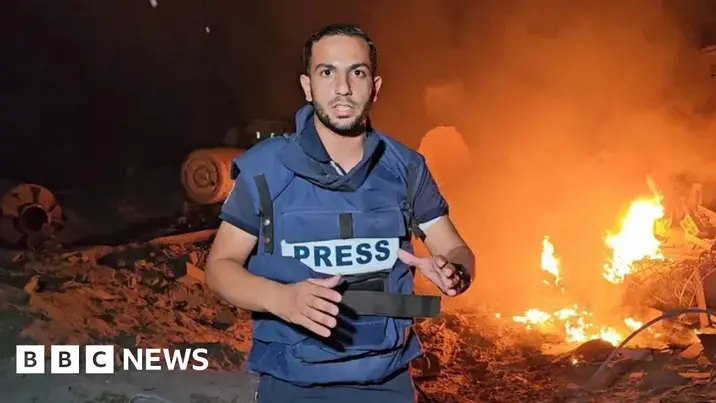T4K3.news
Journalist killed in Gaza strike raises questions
IDF alleges Al Jazeera correspondent Anas al Sharif had Hamas ties amid an attack that killed him and five others; EU and UN seek independent proof.

The Israeli military asserts Anas al Sharif was a Hamas operative receiving a salary, drawing international calls for clear evidence about the journalist’s ties.
IDF links Al Jazeera journalist to Hamas and salary in Gaza strike
The Israeli military says Anas al Sharif, an Al Jazeera journalist killed in Gaza, was an active Hamas operative at the time of the strike and that he received a monthly salary from Hamas and supporters. The army released documents from Gaza it says prove his rocket unit leadership and his inclusion in Hamas ranks, alongside a roster linking him to the Nukhba Force. The strike near Shifa Hospital also killed five other journalists, prompting widespread international concern.
EU diplomats and United Nations officials urged Israel to provide verifiable evidence of the journalist’s alleged ties to Hamas and called for an independent inquiry. Al Jazeera has denied the army’s allegations, arguing that the incident highlights the dangers journalists face in conflict zones and raises questions about the handling of information in wartime reporting. As Israel pursues a broader Gaza strategy, observers fear such claims could influence coverage and undermine press freedom in the region.
Key Takeaways
"Anas al-Sharif was an active Hamas military wing operative at the time of his elimination."
IDF claim cited in briefing
"He received a salary from the Hamas terror group and Al Jazeera at the same time."
IDF claim cited in briefing
"This information was obtained during ground operations in Gaza at two separate locations."
IDF claim cited in briefing
"Journalists and media workers must be respected, they must be protected, and they must be allowed to carry out their work freely."
UN statement on press safety
The episode shows how wartime claims can shape a global narrative about who is a journalist and who is a target. When states imply militant links for media workers, accuracy and due process can be sacrificed for expediency. This risks turning reporting into part of a political toolkit.
It also underscores a fragile space for press freedom in conflict zones. Quick assessments and official proofs are often contested, and independent verification becomes essential. As audiences demand answers, international institutions will press for transparent investigations to prevent chilling effects on reporting and access for observers.
Highlights
- Names and salaries blur the line between reporter and operative
- Truth recedes when a newsroom doubles as a battlefield asset
- Journalists must be protected and allowed to work freely
- Evidence matters more than labels in war reporting
Political and safety risks from journalist killings claims
The assertion of a journalist’s ties to a militant group alongside the deaths of multiple reporters risks political backlash, possible restrictions on press access, and questions about due process in wartime reporting. The situation threatens to politicize journalism and could chill coverage.
The truth in war reporting depends on independent verification and access for observers.
Enjoyed this? Let your friends know!
Related News
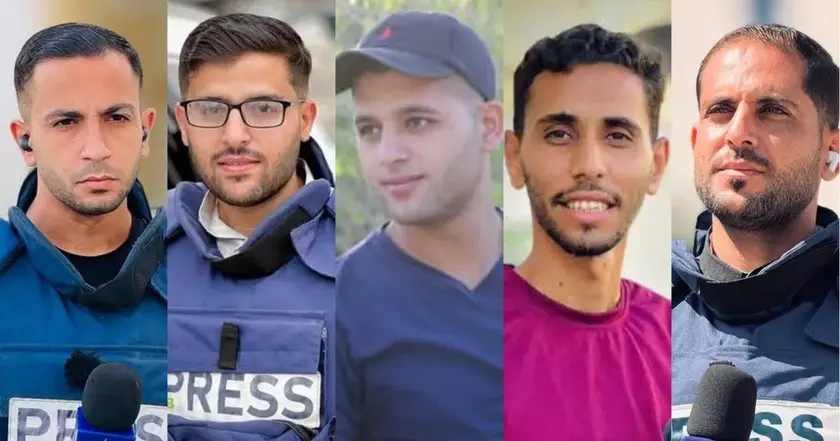
Israel kills five Al Jazeera staff in Gaza press tent
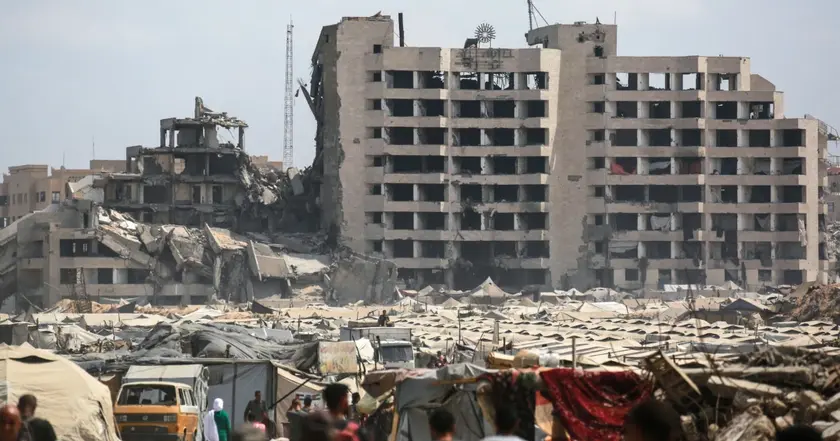
Five Al Jazeera journalists killed in Gaza
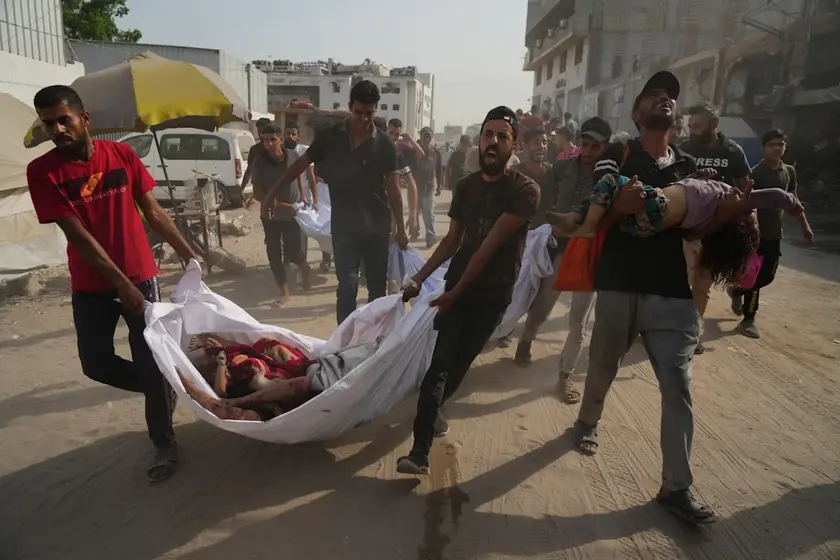
Gaza toll climbs as journalists die and states shift
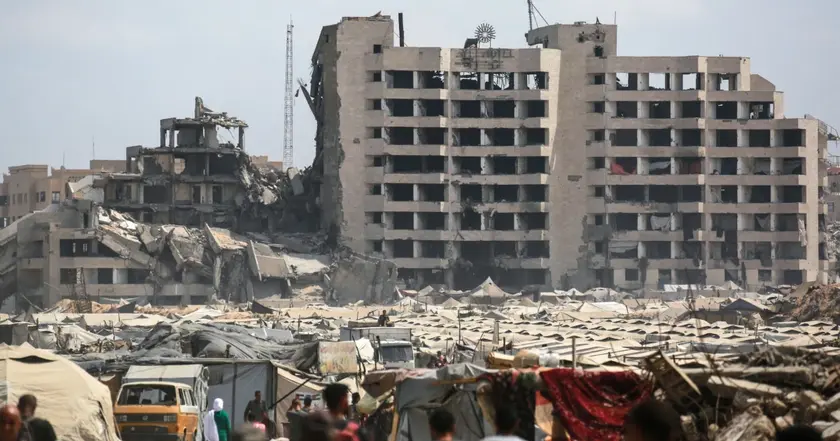
Israel claims it killed Al Jazeera journalist tied to Hamas
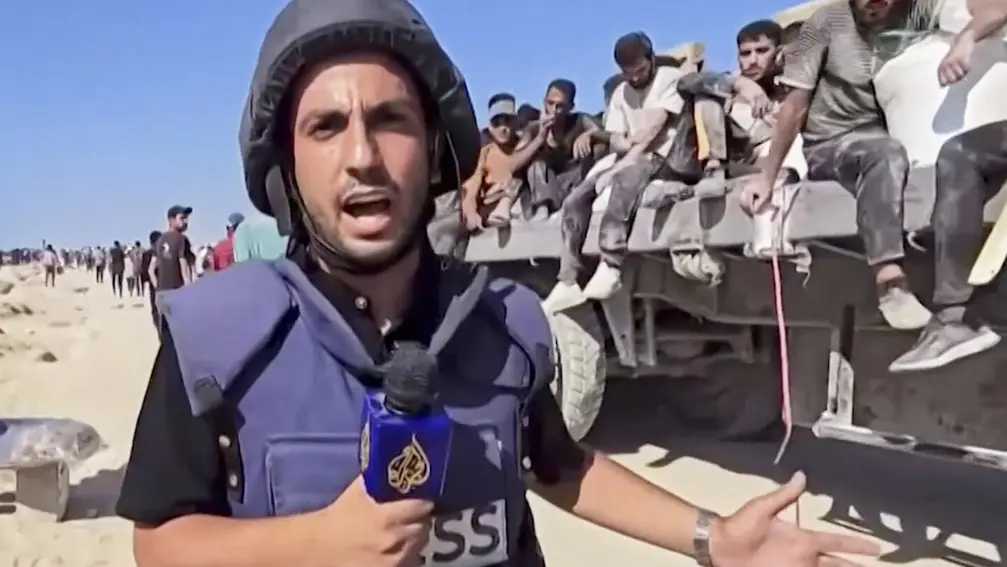
Journalist deaths in Gaza
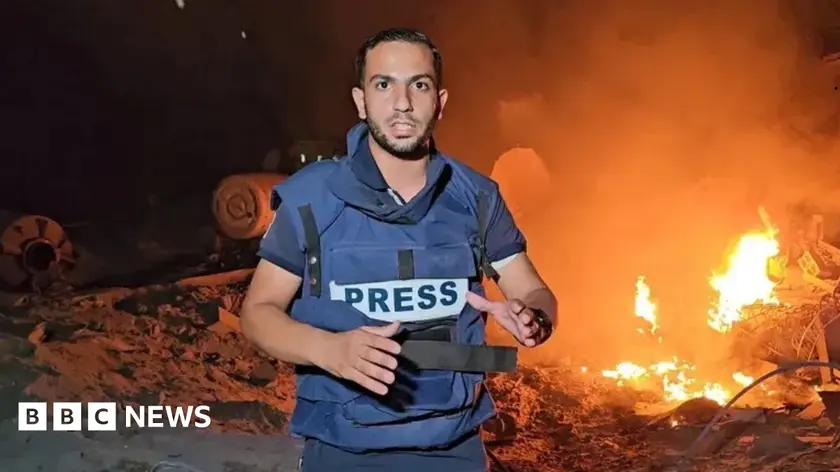
Five Al Jazeera journalists killed near Al Shifa
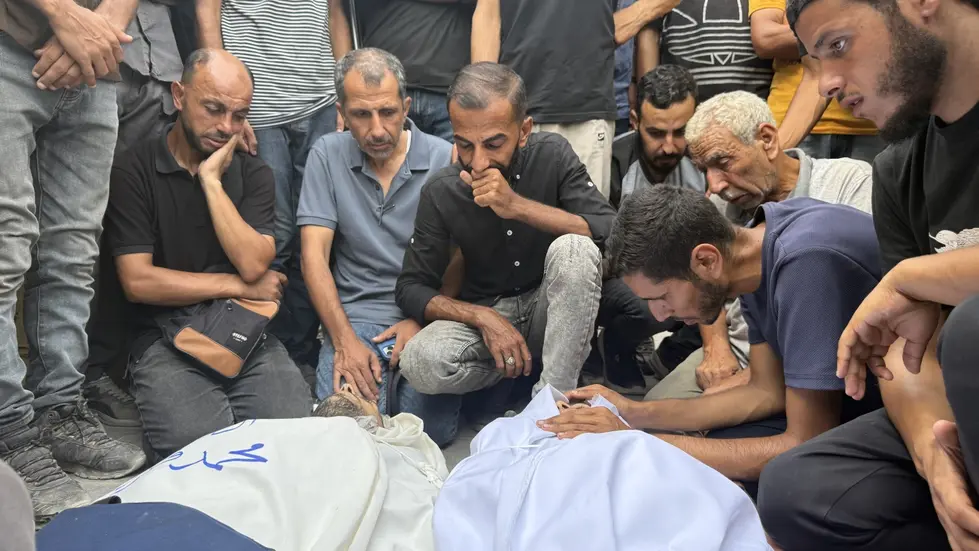
Israeli airstrike kills Al Jazeera journalist Anas al Sharif in Gaza
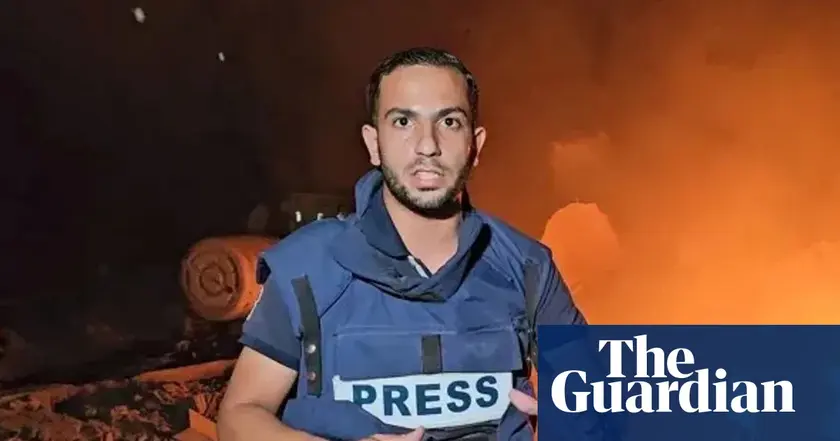
Al Jazeera journalist killed in Gaza airstrike
